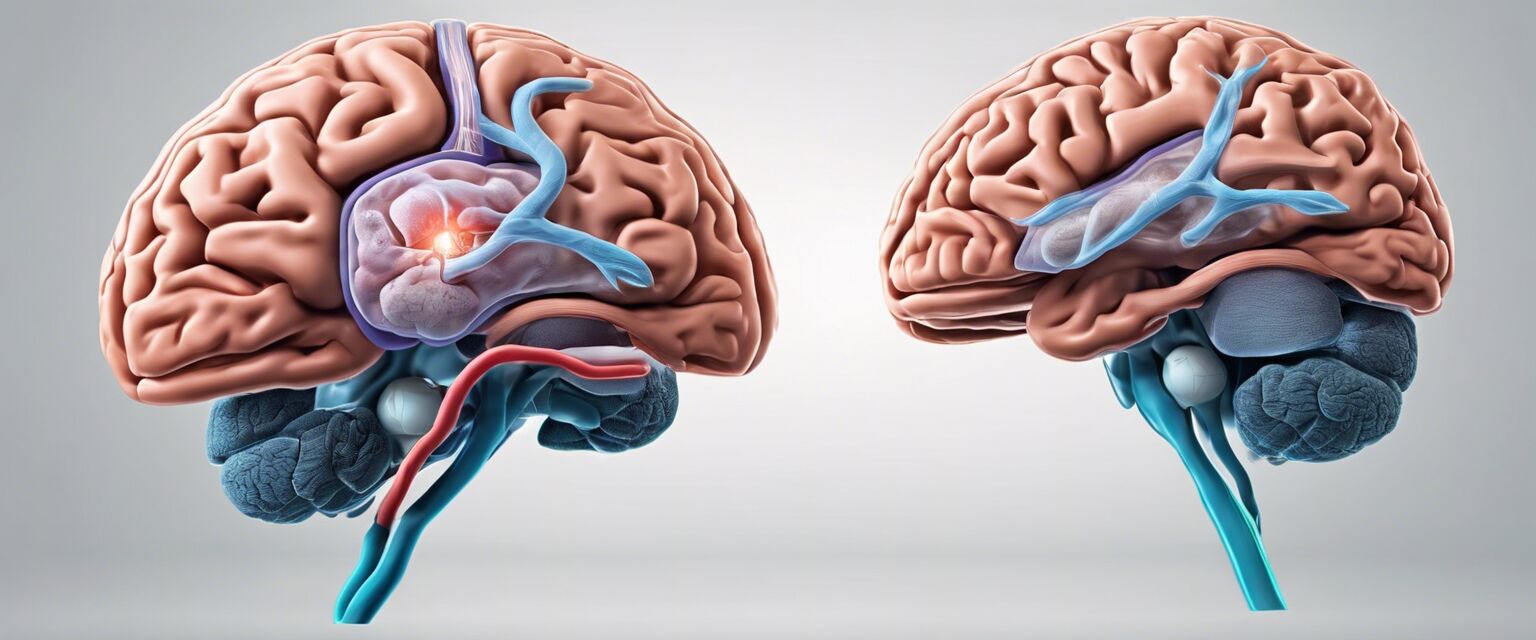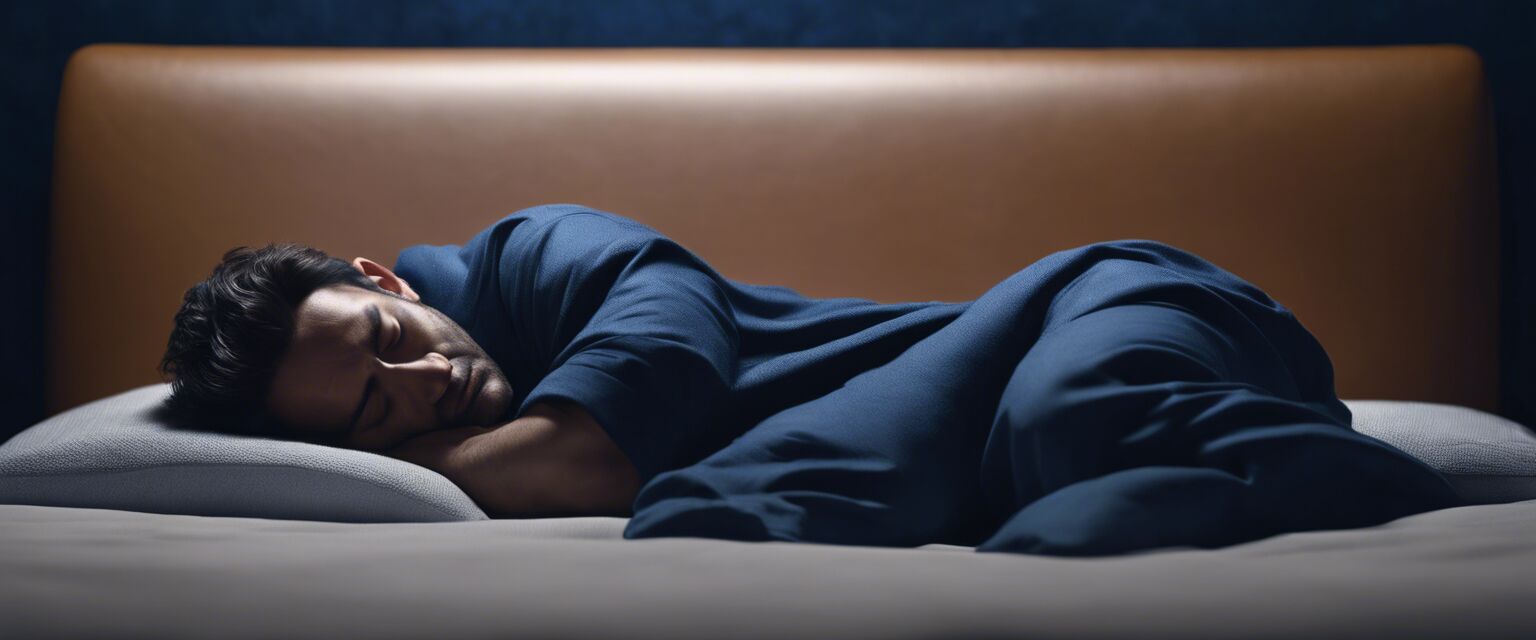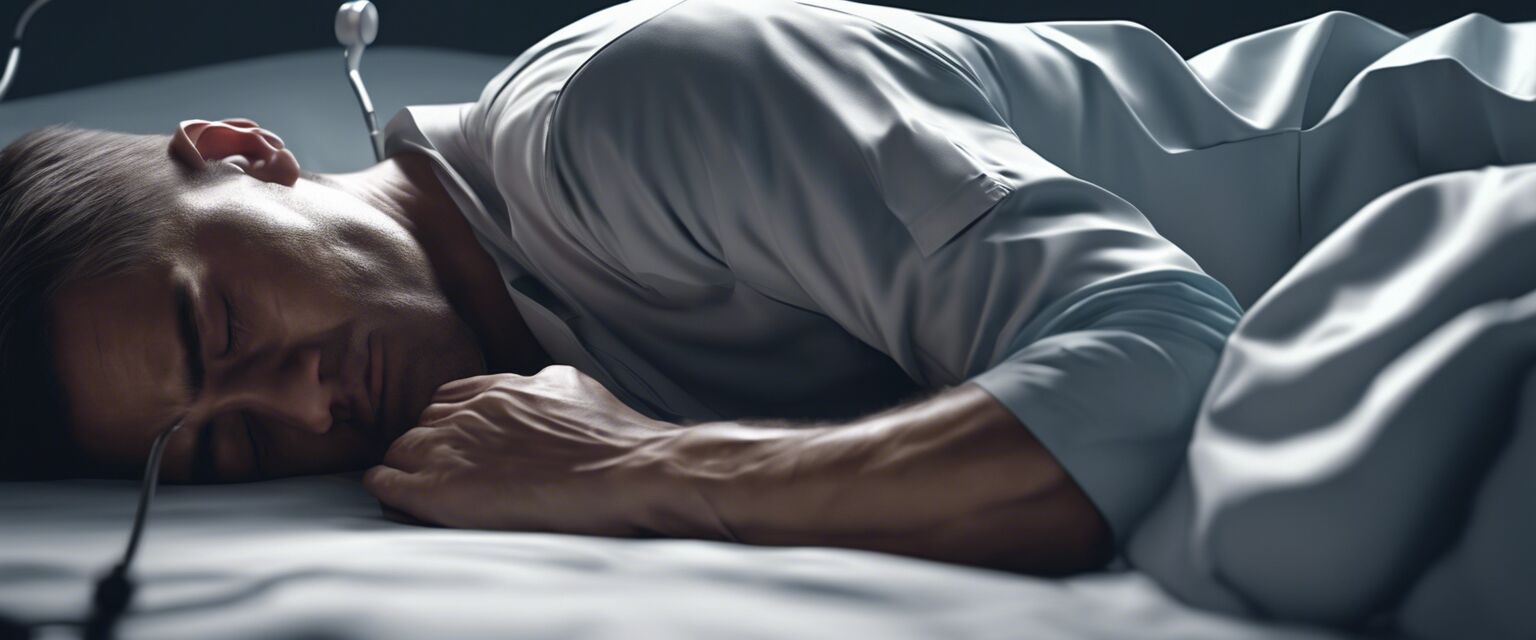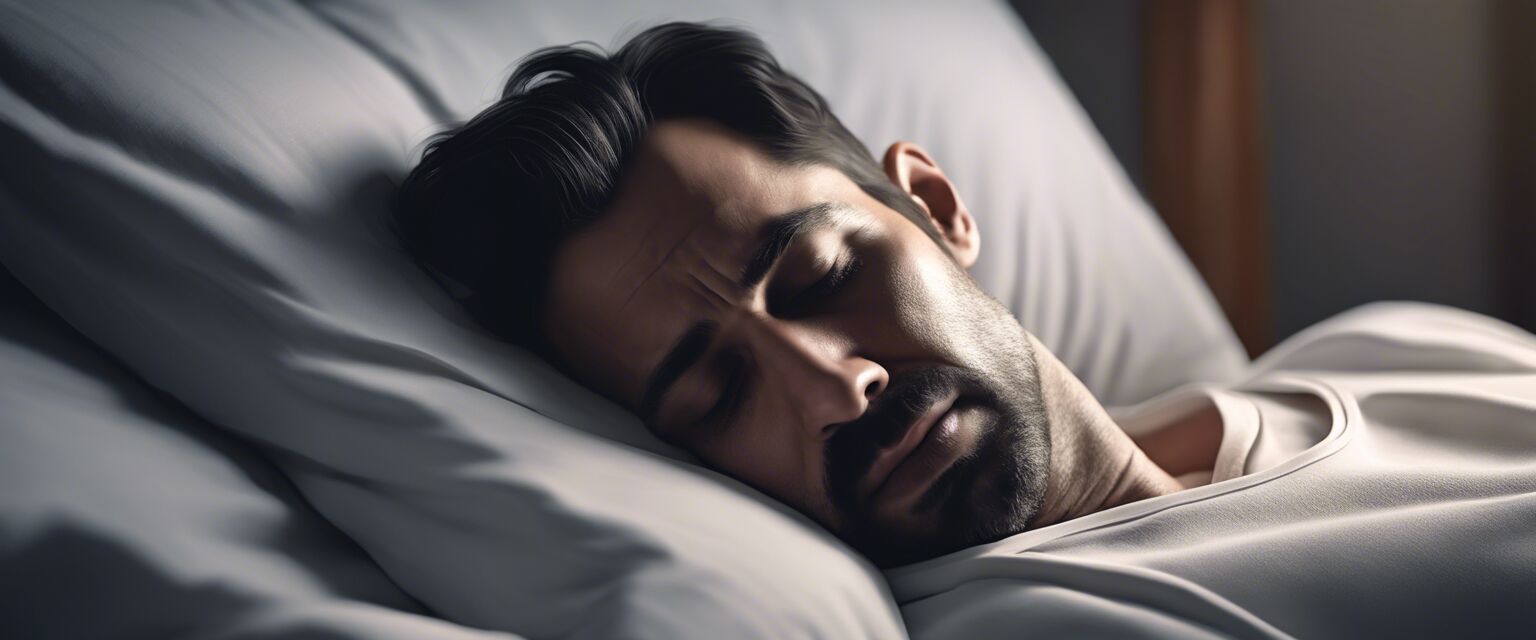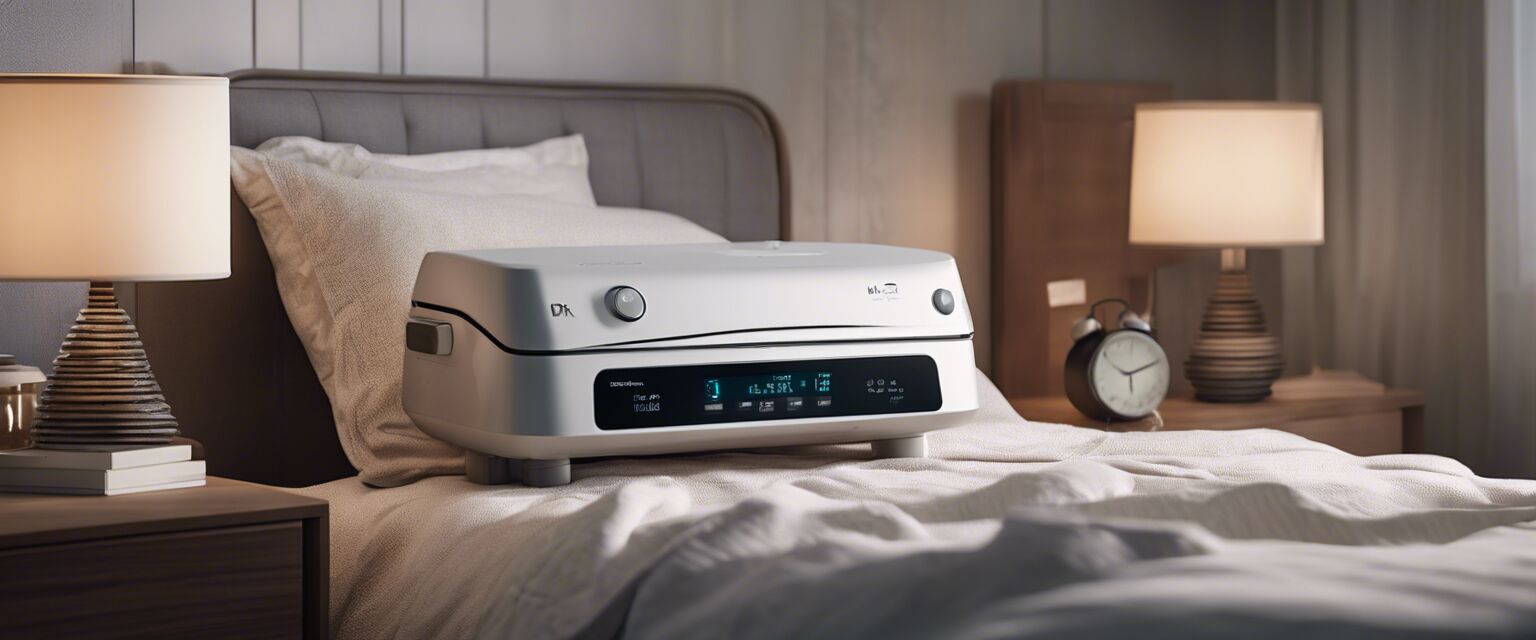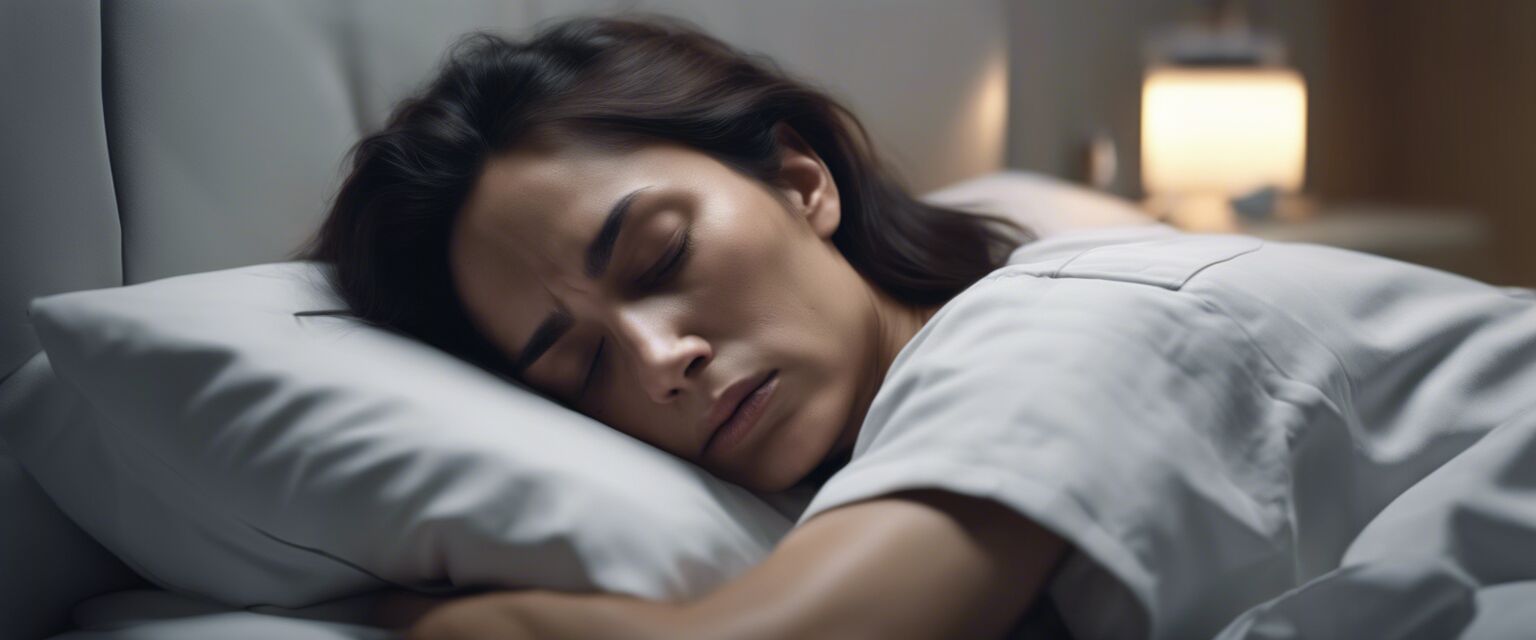
Treatment Options for Sleep Apnea
Sleep apnea is a serious sleep disorder that can have significant consequences on your overall health and wellbeing. Fortunately, there are various treatment options available to help manage and alleviate its symptoms.
Key Takeaways
- Treatment options for sleep apnea include medical, surgical, and lifestyle changes
- CPAP therapy is a common medical treatment, while oral appliances and surgery are alternative options
- Lifestyle changes, such as weight loss and exercise, can also help alleviate symptoms
Medical Treatment Options
Medical treatment options for sleep apnea typically involve the use of devices or machines that help regulate breathing during sleep.
| Treatment Option | Description |
|---|---|
| CPAP (Continuous Positive Airway Pressure) Therapy | A machine that delivers a constant flow of air pressure into the airways through a mask, keeping them open during sleep |
| Bilevel Positive Airway Pressure (BiPAP) Therapy | A machine that delivers two different levels of air pressure, one for inhalation and one for exhalation |
| Adaptive Servo-Ventilation (ASV) Therapy | A machine that monitors breathing patterns and adjusts air pressure accordingly |
Learn more about CPAP machines and how they can help treat sleep apnea.
Surgical Treatment Options
In some cases, surgery may be necessary to treat sleep apnea, particularly if it's caused by a physical obstruction in the airway.
- Uvulopalatopharyngoplasty (UPPP): A surgery that removes excess tissue from the back of the throat to widen the airway
- Tonsillectomy: A surgery that removes the tonsils, which can be a contributing factor to sleep apnea
- Maxillomandibular Advancement (MMA): A surgery that moves the upper and lower jaws forward to increase the size of the airway

Lifestyle Changes
Making lifestyle changes can also help alleviate symptoms of sleep apnea.
- Weight Loss: Losing weight can help reduce the severity of sleep apnea
- Exercise: Regular exercise can help improve sleep quality and reduce symptoms of sleep apnea
- Smoking Cessation: Quitting smoking can help reduce the risk of sleep apnea
- Alcohol Reduction: Reducing alcohol consumption can help alleviate symptoms of sleep apnea
Learn more about nasal strips and aids that can help improve breathing during sleep.
Pros of Treatment
- Improved sleep quality
- Reduced risk of cardiovascular disease
- Increased energy levels
Cons of Treatment
- CPAP machines can be noisy and uncomfortable
- Surgery can be invasive and carries risks
- Lifestyle changes can be challenging to implement

Conclusion
Treating sleep apnea requires a comprehensive approach that may involve medical, surgical, and lifestyle changes. By understanding the various treatment options available, you can work with your healthcare provider to find the best solution for your specific needs.
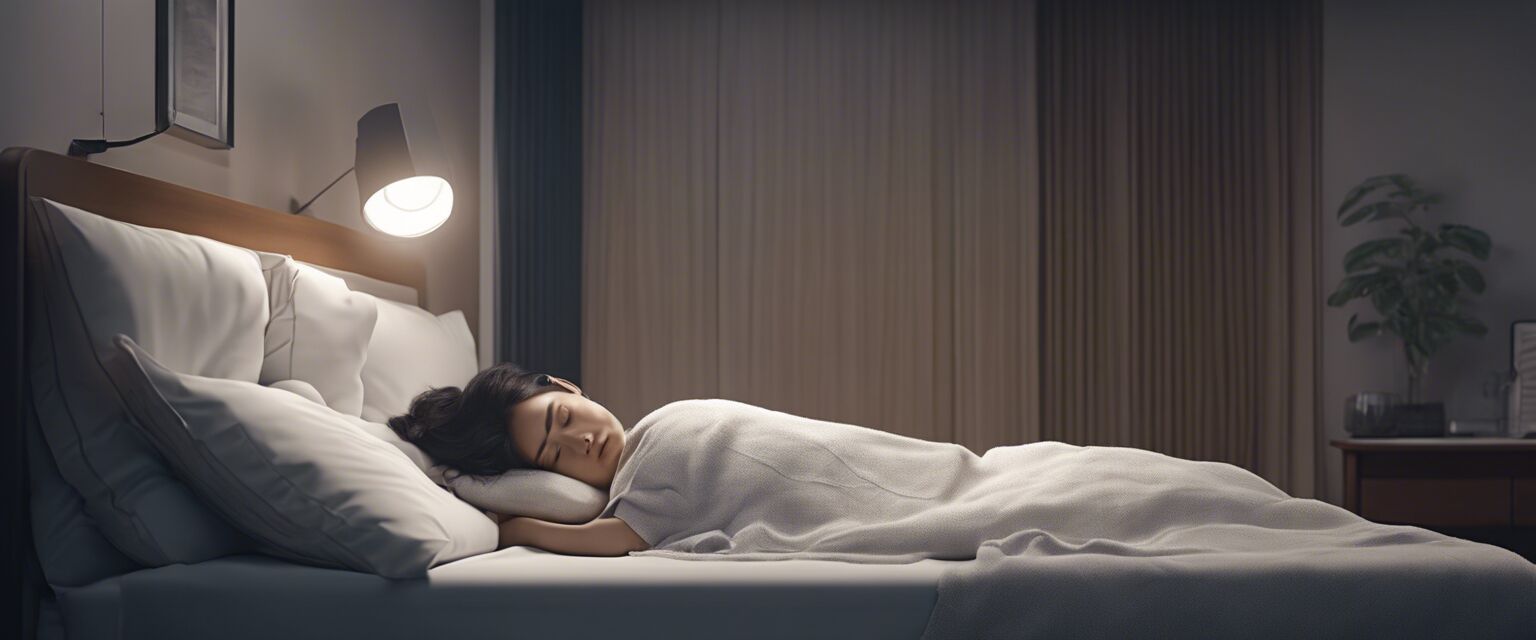
Learn more about humidifiers for sleep therapy and how they can help improve your sleep quality.
Remember, treating sleep apnea is an ongoing process that requires commitment and patience. By working with your healthcare provider and making the necessary lifestyle changes, you can improve your sleep quality and reduce the risks associated with sleep apnea.
